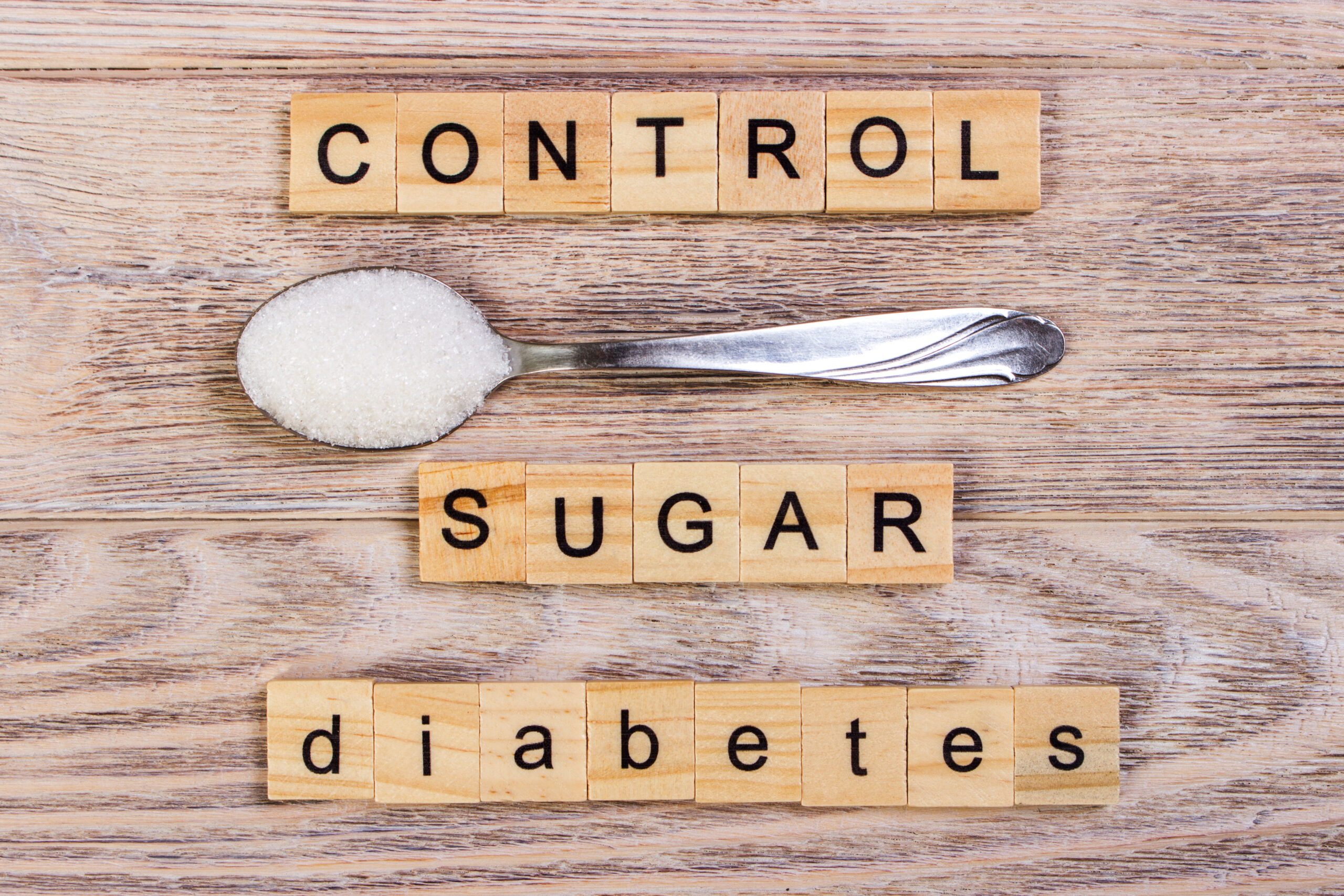Stress is a natural part of life, and everyone experiences it from time to time. However, when stress becomes chronic or excessive, it can have a significant impact on both physical and mental health.
1. Physical Effects of Stress
Stress can cause a variety of physical symptoms, including headaches, muscle tension, and digestive problems. These symptoms can be minor, but over time, chronic stress can lead to more serious health problems.
One of the most significant physical effects of stress is an increased risk of heart disease. When stress levels are high, the body produces more cortisol, a hormone that raises blood pressure and increases the risk of developing high blood pressure, heart disease, and stroke.
Stress can also weaken the immune system, making it more difficult for the body to fight off infections and illnesses. This can lead to more frequent colds and other respiratory infections.
Finally, chronic stress can also affect the digestive system, causing issues such as stomach ulcers, irritable bowel syndrome, and even inflammatory bowel disease.
2. Mental Effects of Stress
The mental effects of stress can be just as significant as the physical effects. When stress levels are high, it can be challenging to focus, think clearly, and make decisions.
Chronic stress can also lead to depression and anxiety. When stress levels are high, the body produces more cortisol, which can interfere with the production of serotonin, a neurotransmitter that regulates mood. This can lead to feelings of sadness, hopelessness, and anxiety.
Stress can also affect sleep patterns, making it difficult to fall asleep or stay asleep. Over time, this can lead to chronic fatigue, which can further exacerbate the mental effects of stress.
Finally, stress can also affect relationships. When stress levels are high, it can be challenging to communicate effectively with others, leading to conflicts and misunderstandings.
3. Managing Stress
While stress is a natural part of life, there are ways to manage it effectively. One of the most effective ways to manage stress is through exercise. Exercise releases endorphins, which are natural mood-boosters that can help to reduce stress levels.
Another effective way to manage stress is through relaxation techniques, such as deep breathing, meditation, and yoga. These techniques can help to calm the mind and reduce stress levels.
Finally, it is essential to prioritize self-care. This means taking the time to do things that bring joy and relaxation, such as reading a book, taking a bath, or spending time with loved ones.
In conclusion, stress can have a significant impact on both physical and mental health. It can lead to a variety of physical symptoms, including an increased risk of heart disease, weakened immune system, and digestive problems. It can also lead to mental health issues, such as depression, anxiety, and fatigue. However, there are ways to manage stress effectively, such as exercise, relaxation techniques, and self-care. By prioritizing stress management, individuals can protect their physical and mental health and improve their overall quality of life.





